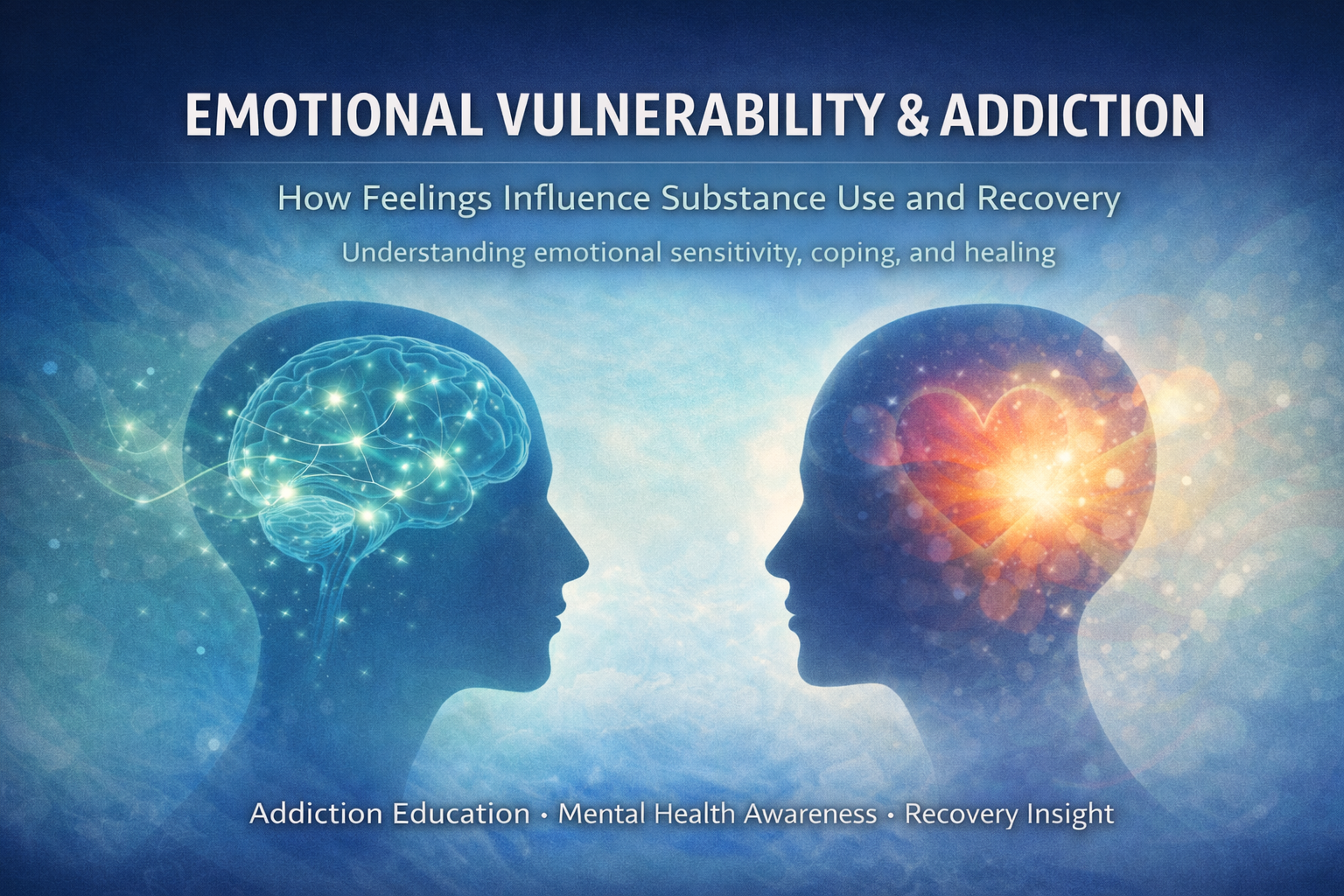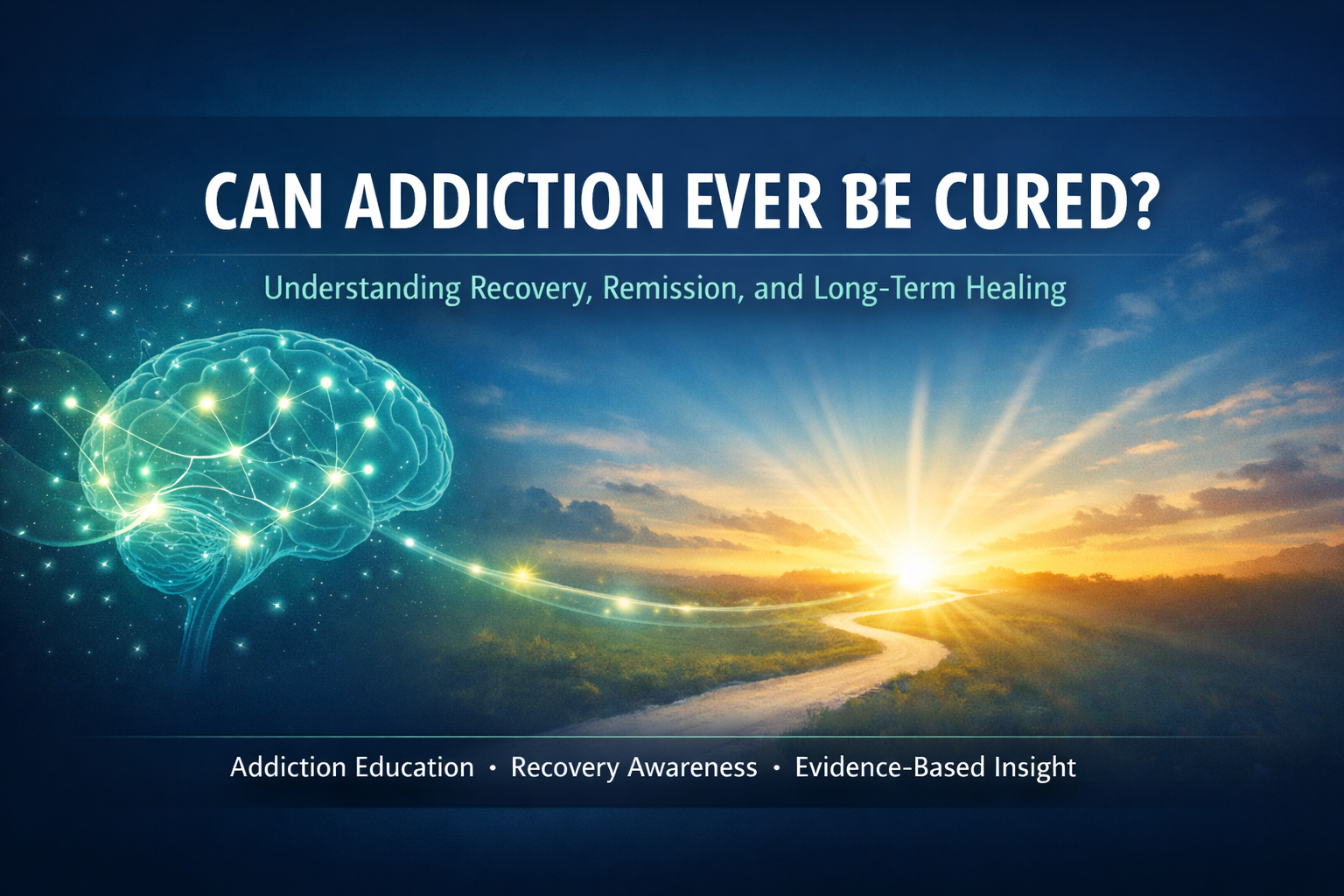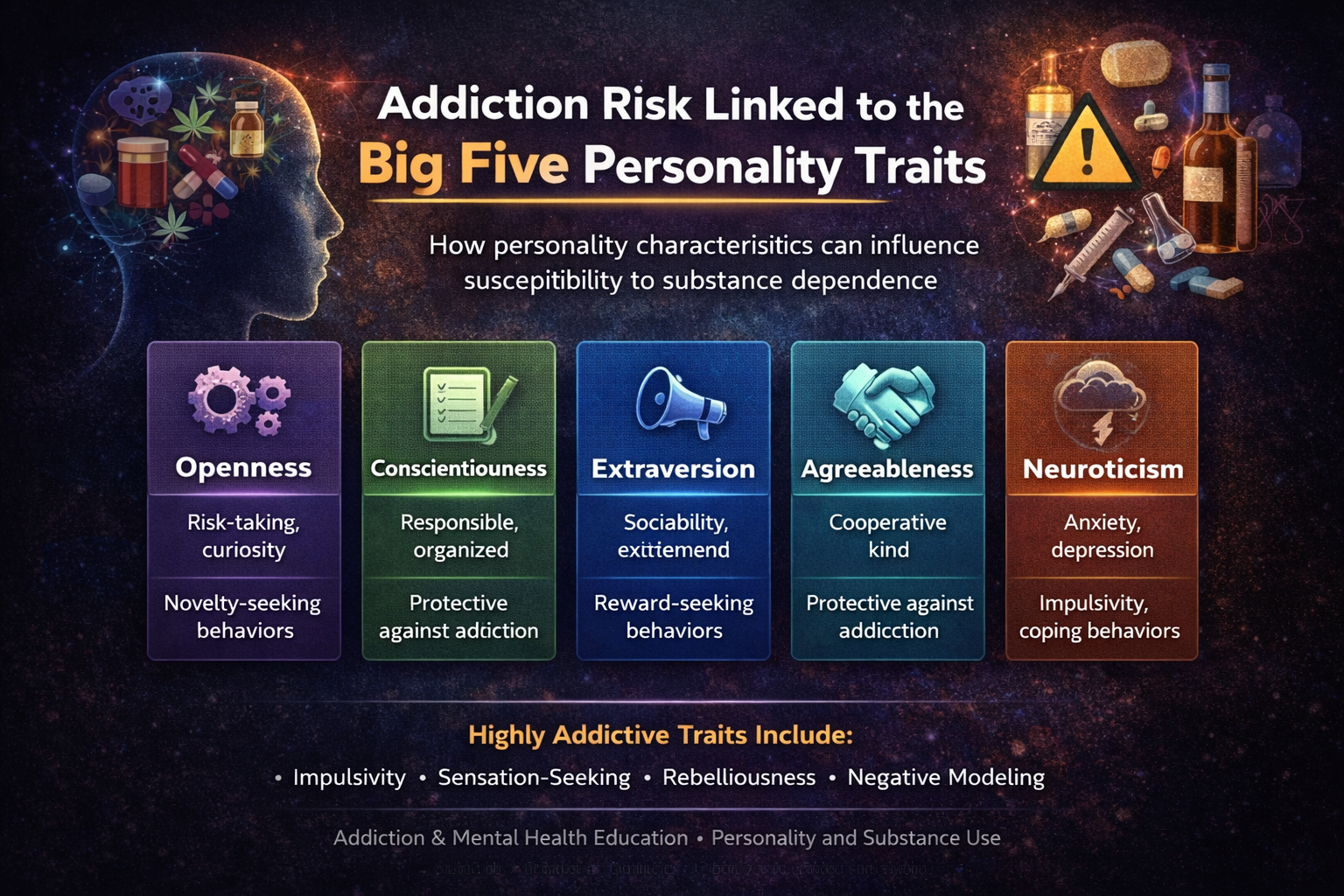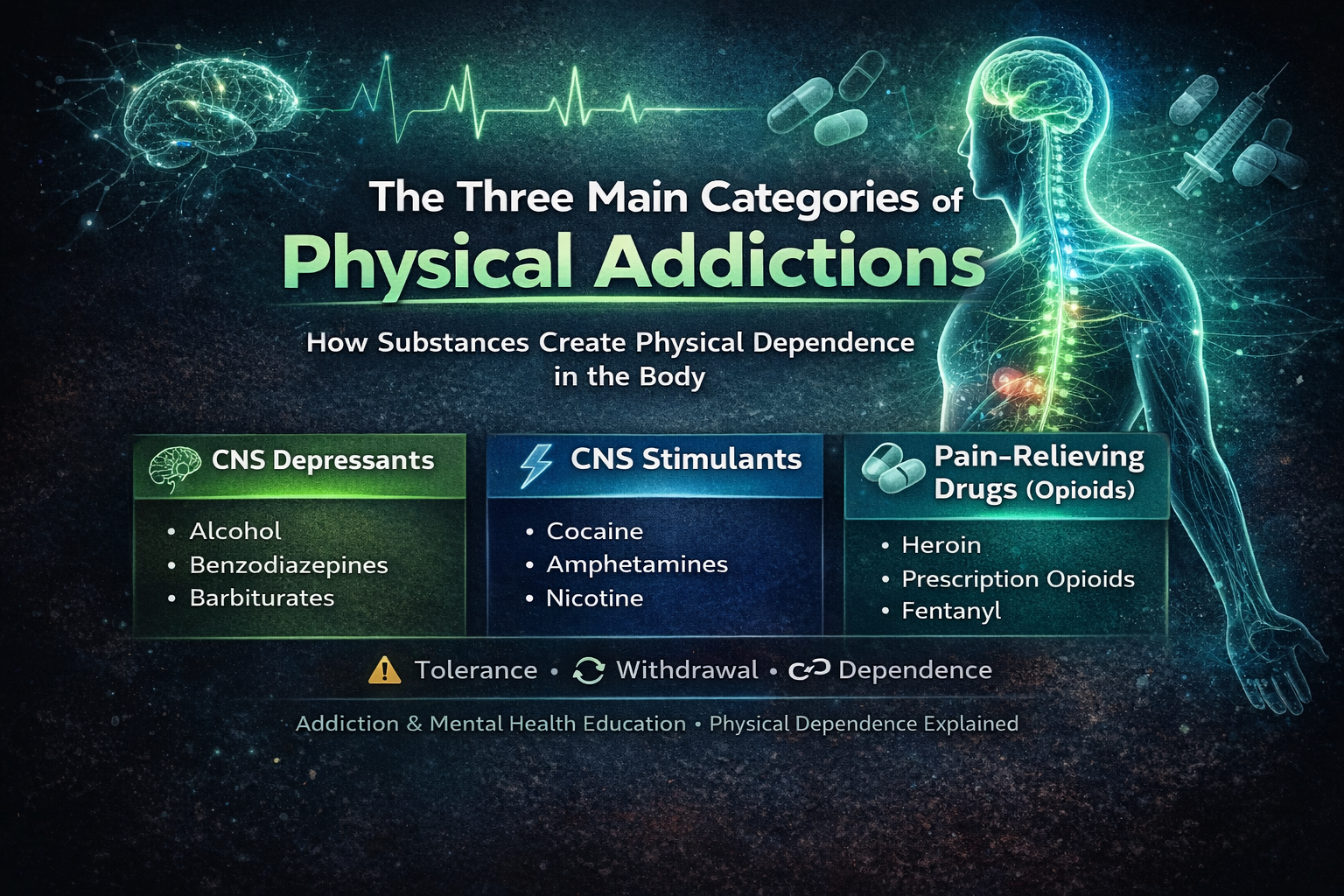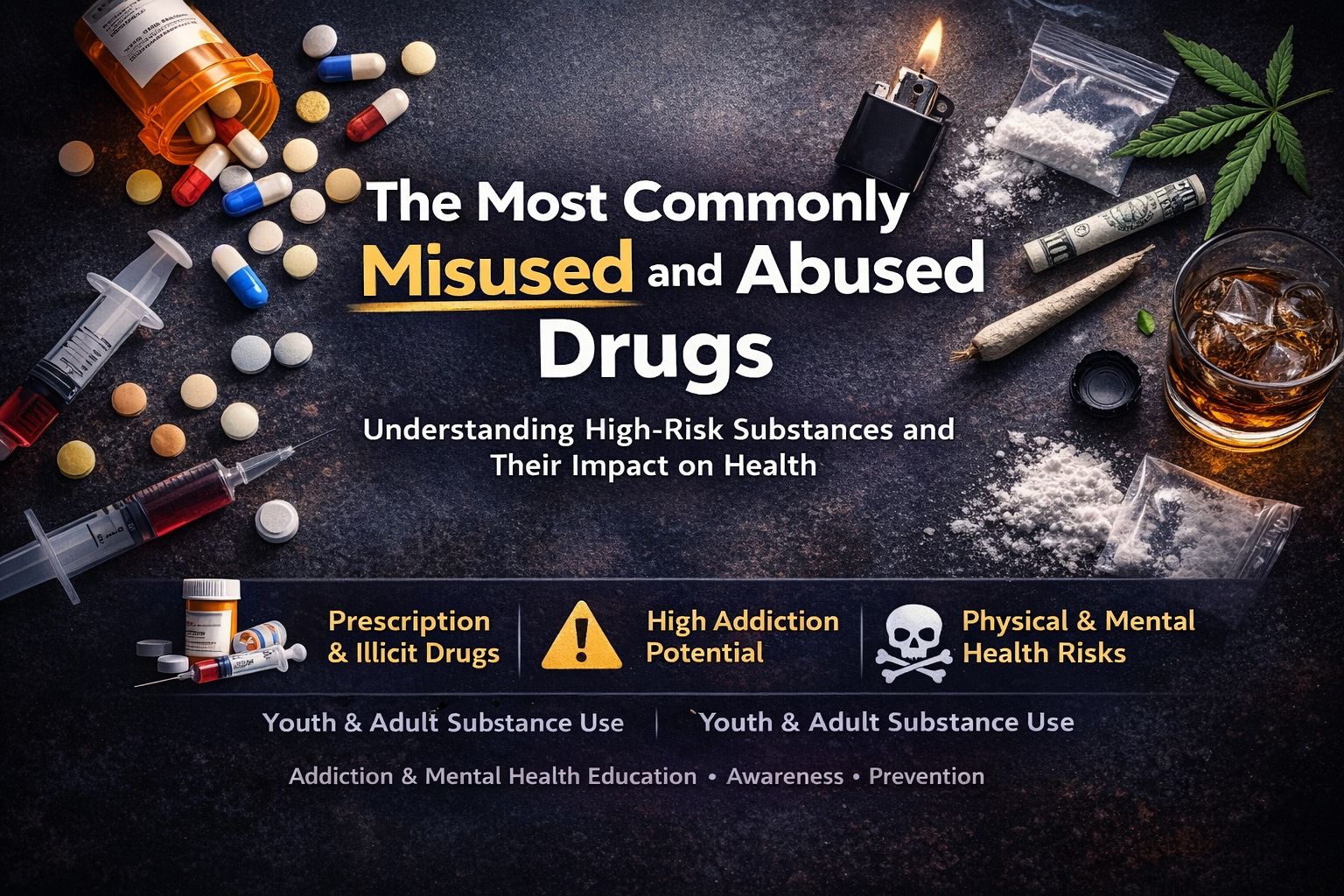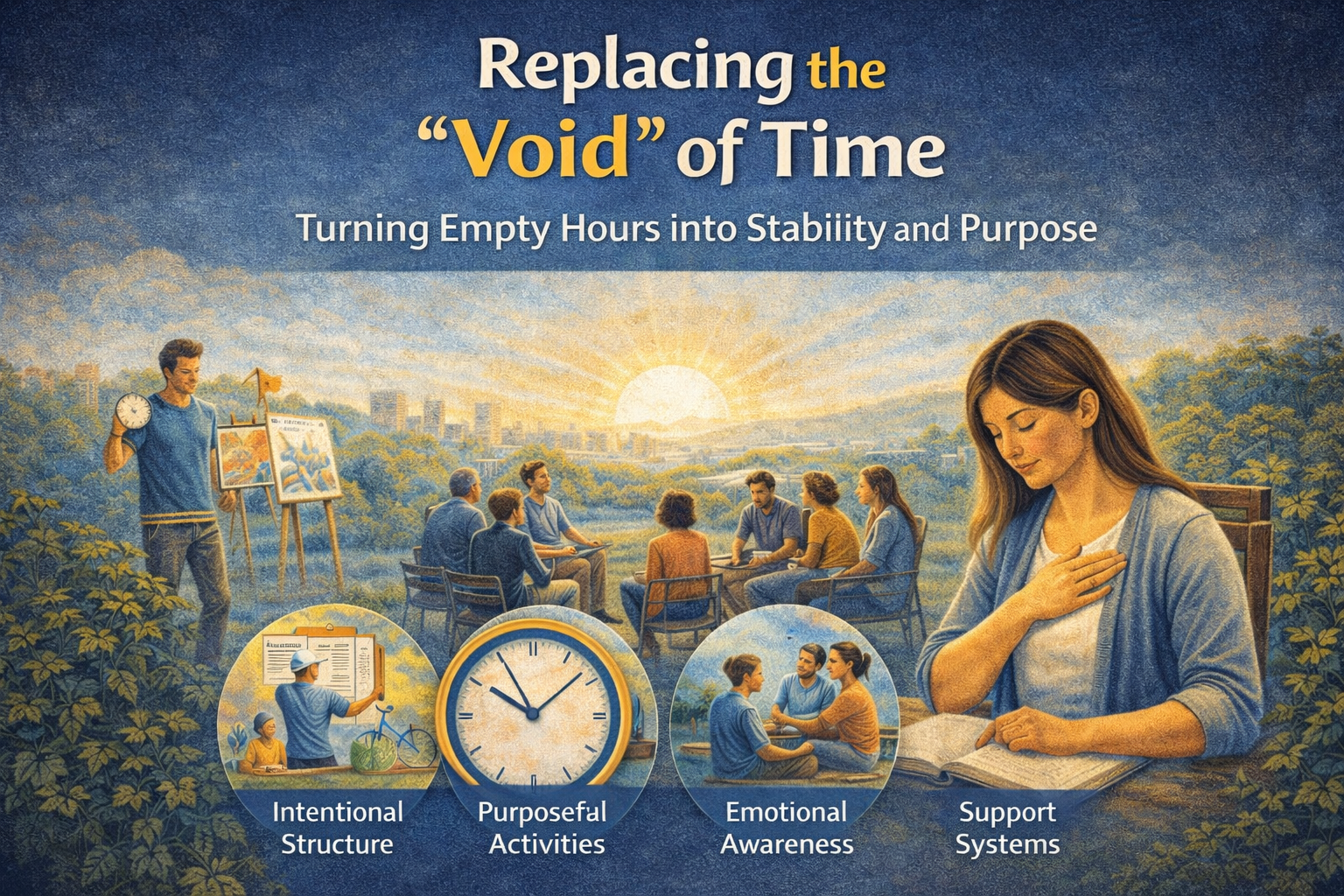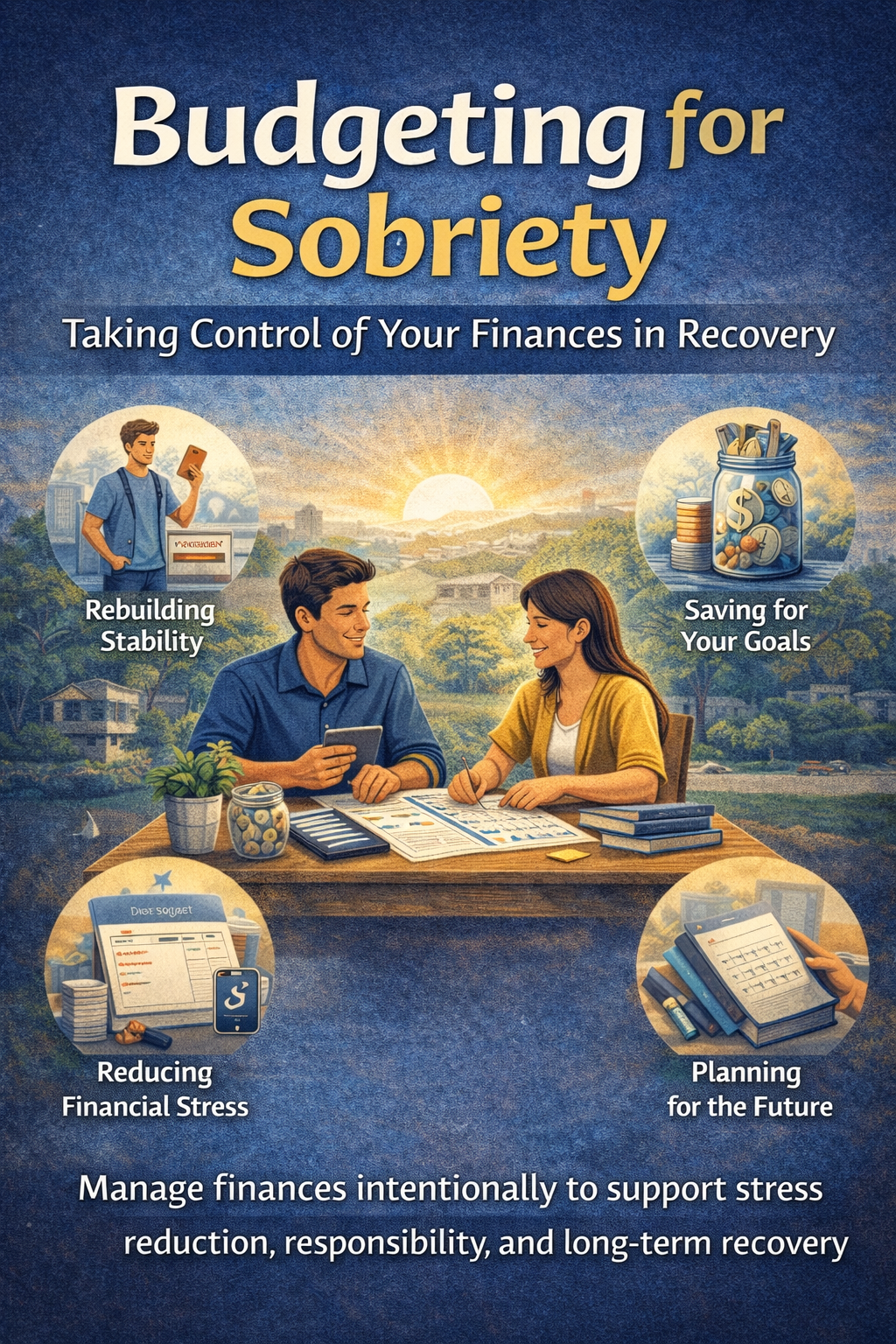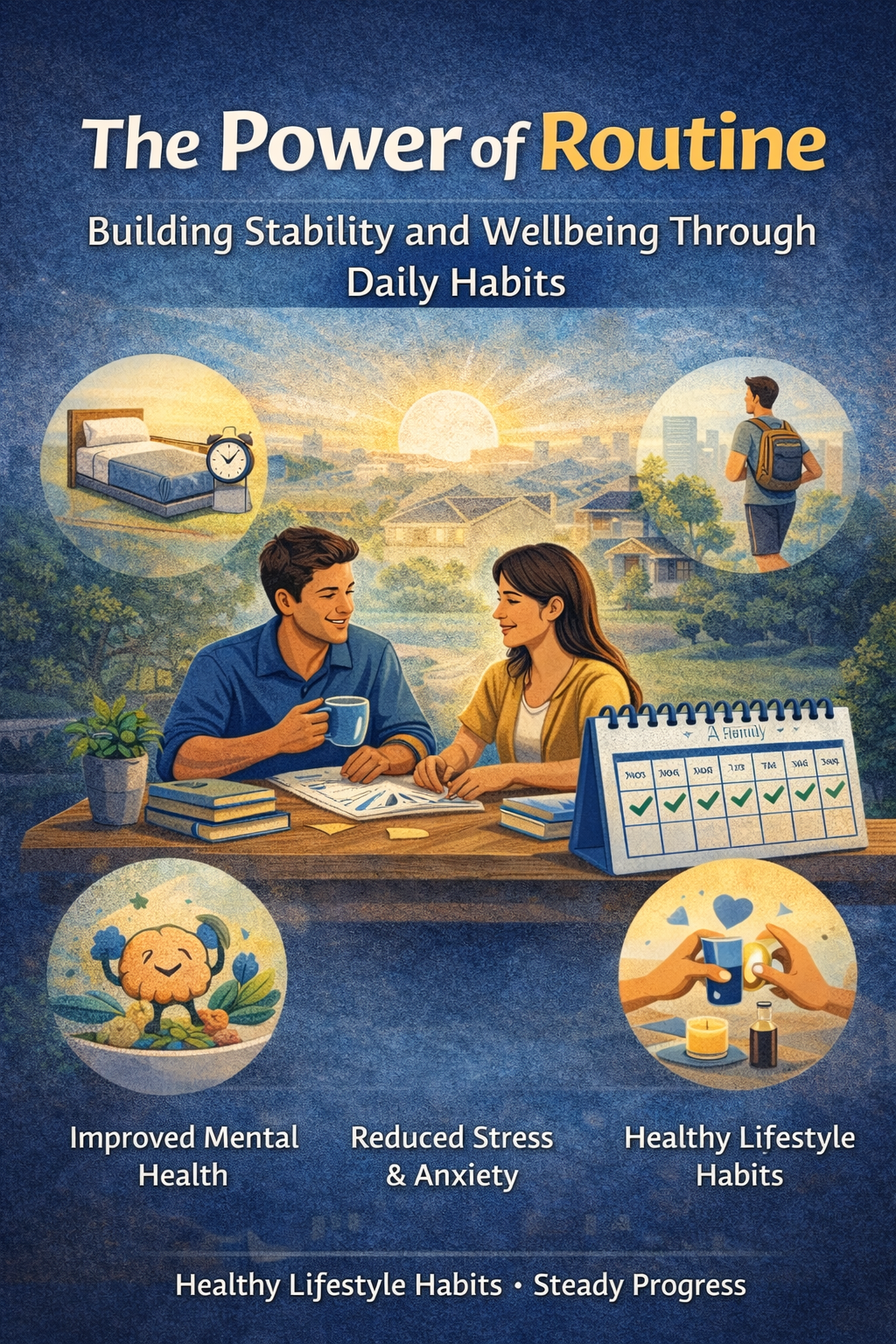The 4 C’s of Mental Health
Mental health can feel like a tough puzzle to sort out, but there are some simple ideas that can really help build a stronger foundation. When I think about what makes up good mental health, I always come back to four main things: Connection, Communication, Coping, and Confidence. I call these the 4 C’s of … Read more


